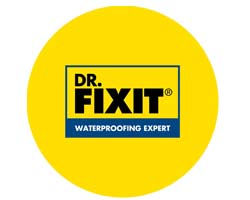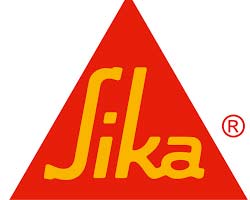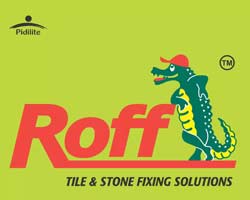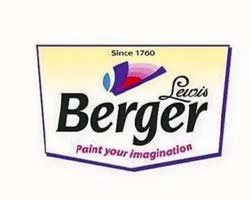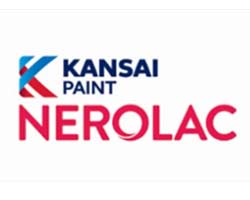
Waterproofing chemicals are specialized substances designed to prevent water penetration in construction materials and structures. They create a protective barrier against moisture, enhancing durability and longevity. Available in various forms, such as cementitious compounds and liquid membranes, these chemicals cater to different applications like basements and roofs. Proper application and regular maintenance are essential to ensure their effectiveness over time. Investing in quality waterproofing solutions is crucial for safeguarding structures from water damage and ensuring their long-term integrity.
| Application Area | Description | Types of Waterproofing Chemicals |
| Basements | Prevents water ingress in below-ground structures. | Cementitious coatings, liquid membranes |
| Roofs | Protects against leaks and water damage on flat or sloped surfaces. | Liquid membranes, bituminous coatings |
| Swimming Pools | Ensures a waterproof barrier to prevent leaks. | Cementitious waterproofing, polyurethane coatings |
| Water Tanks | Maintains the integrity of tanks storing potable water. | Epoxy coatings, liquid membranes |
| Foundations | Protects below-grade structures from groundwater. | Bituminous coatings, cementitious waterproofing |
| Balconies and Decks | Prevents moisture penetration and damage to surfaces. | Liquid membranes, polyurethane coatings |
| Tunnels | Provides waterproofing in underground construction. | Cementitious materials, liquid membranes |
| Concrete Structures | Enhances durability and prevents cracking due to water exposure. | Silicate-based sealers, waterproofing admixtures |
